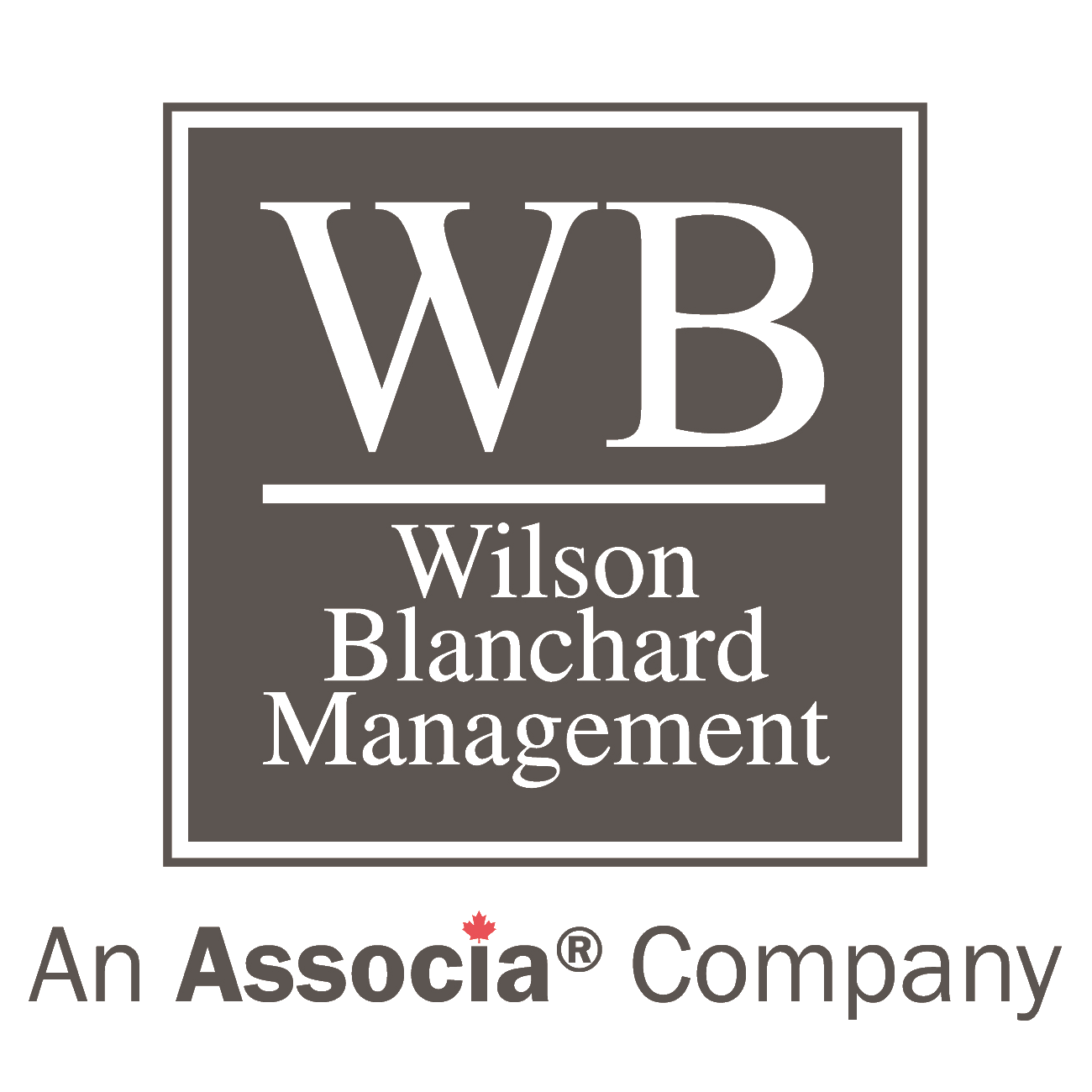4 Benefits of Well-Funded Reserves
Originally published WB’s 2019 Q1 – Condo Connection Newsletter. All archived newsletters can be found on our WB Condo Connection page.
Managing a condominium’s finances and creating budgets that allow a community to preserve market values are key responsibilities for the board of directors. It’s essential that a board budgets for the future repair or replacement of major components in a reserve fund. An up-to-date reserve fund is critical to the financial management of a community and it’s required by law. But, legal compliance isn’t the only reason you should strive to have a well-funded reserve. Here are four great reasons to make sure your reserves are properly funded:
- It proves responsibility. Creating and maintaining an adequate reserve fund is part of a board’s fiduciary duty, but a well-funded reserve demonstrates good stewardship of the association’s money. Homeowners will have peace of mind that the board is acting in their best interest and that their biggest and most valuable asset will be protected.
- It keeps you prepared. When an association has a well-funded reserve, they can pay for unexpected expenses. If an association experiences an unexpected event and doesn’t have sufficient funds set aside, they may have to issue a special assessment – which homeowners could see as a sign of financial mismanagement.
- It gives lenders confidence. Lenders appreciate a well-funded reserve because it’s unlikely that there will be a special assessment to pay for repairs and replacements. Lenders are more confident that their decision to lend is passed on actual costs, with a very small chance that a buyer will overextend credit lines or deplete cash. Additionally, some lenders assess for indications of financial health when reviewing mortgage applications and an association with inadequate reserves may be at risk for mortgage denials.
- It attracts buyers. The overall appearance of a community translates directly into its property value. A well-funded reserve allows an association to pay for unexpected expenses and community asset replacements – thus improving resale values, keeping current homeowners happy and attracting new buyers.
